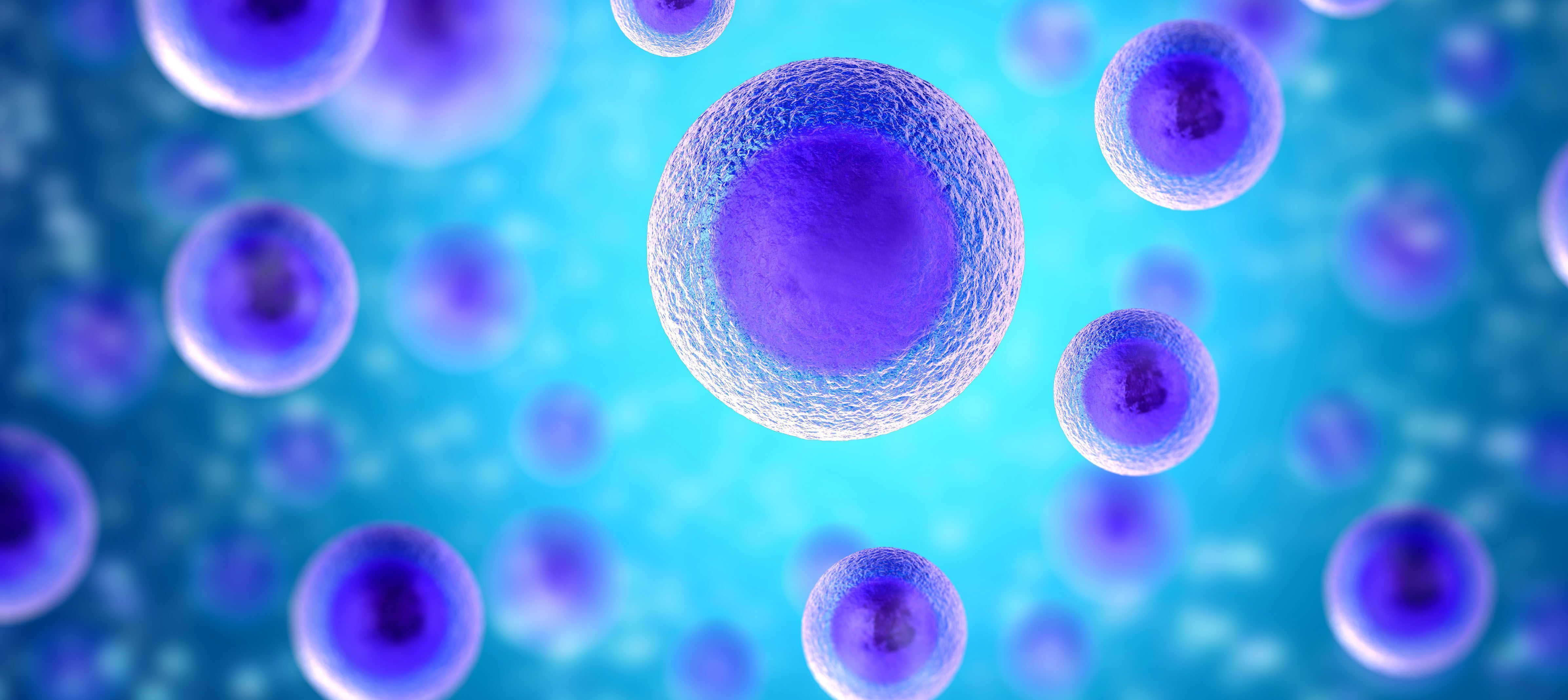
At a Glance
- The trial tests donor-sourced islets gene-edited to evade the autoimmune attack. Only 1 patient has been dosed to date.
- The trial does not use immunosuppression.
- At 12 weeks, the transplanted islets continue to survive and produce insulin.
- While the results are promising, the current study size is too small to indicate widespread success.
- The next research step is to mimic the trial with stem cell-derived beta cells, which is ‘on track’ to begin in 2026.
March 20, 2025
This week, Sana Biotechnology announced promising twelve-week results for its Practical Cure trial, UP421, in a release detailing the company’s business updates and full-year 2024 financials. This news provides an update to the four-week results the company shared in January, which were covered in depth in a JDCA report.
At both week four and week twelve, the preliminary data indicates the continued survival of transplanted islets in a patient with T1D, without the use of immunosuppression. This is a human trial first.
Below is a quick update on the two T1D takeaways from this latest release.
About the Trial
UP421 is a phase I human trial conducted by Sana Biotechnology at Uppsala University Hospital, Sweden. It is considered a potential Practical Cure along the Gene-Edited Cells and Cell Transplantation pathways. The study tests UP421, cadaver-sourced islets transplanted into the patient’s forearm muscle. Instead of immunosuppressants, the cells are genetically altered prior to transplantation using Sana’s hypoimmune platform to hide them from the immune system’s radar.
Currently, one patient has been dosed.
Key Takeaways
1. Cell Survival & Function (without immunosuppression)
At the twelve-week mark, results of MRI scanning at the transplantation site were consistent with graft survival, indicating transplanted islets are alive and functioning. Thus far, there have been no safety issues associated with the study. Patient 1, who had fully established T1D, demonstrated consistent C-peptide release (a hormone that indicates insulin production) in response to mixed meal tolerance testing, which indicates the cells continue to evade immune detection and produce insulin.
It is important to note that this is primarily a safety study and not enough islets were transplanted to induce insulin independence. These results are early and must be replicated in a greater number of individuals with a greater number of islets. That said, these preliminary results set the new record for most time transplanted islets have survived the autoimmune attack in a T1D patient, without the use of immunosuppression.
2. Testing Sustainable Cell Supply Is Next
Sana announced plans to initiate a human trial in 2026 using stem cell-derived beta cells instead of cadaver-sourced cells, for which there is a limited supply. This research program, SC451, utilizes the same gene-editing techniques as those in the Practical Cure trial.
SC451 is currently in preclinical testing. Conducted in mice, the study demonstrated sustained blood glucose control for over sixty-four weeks. Sana expects to file an IND for SC451 to enter clinical trials in 2026.
Steve Harr, President and CEO of Sana, remarked on forward-looking hopes in the T1D program: “With these data and our progress in manufacturing, we are increasingly optimistic about the potential for SC451 – a gene-modified, stem cell-derived pancreatic islet cell therapy with a goal of single treatment that leads to normal blood glucose with no more insulin injections or immunosuppression.”
JDCA will keep you up-to-date on the latest Practical Cure news as it unfolds.
